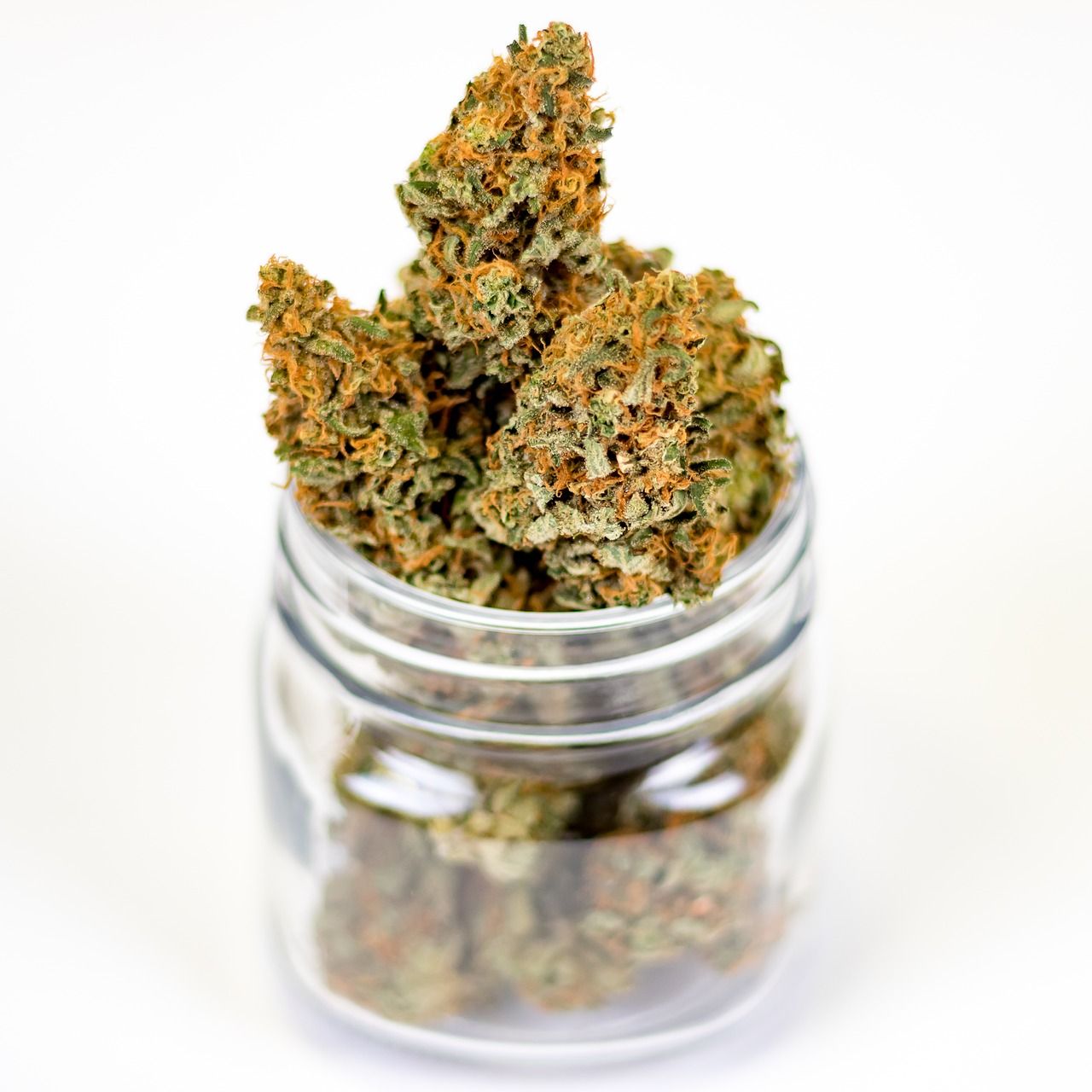-
New to Cannabis? These Popular Products Make It Easy
Walking into a dispensary for the first time can feel a little overwhelming. With shelves […]
-
The Hidden Power of Terpenes in Cannabis
Cannabis is far more complex than just THC and CBD. While cannabinoids often steal the […]
-
Your Easy Guide to Cannabis Laws Across the U.S.
Cannabis laws in the United States remain a patchwork of regulations, reflecting the tension between […]
-
The Road to Retail: Tracing Cannabis from Grow to Dispensary Shelf
The cannabis plant may look simple when it’s sitting neatly inside a jar at a […]
-
Exploring Cannabis: Safe and Smart Ways to Consume
For those new to cannabis, the wide variety of consumption methods can feel overwhelming. An […]
-
The Cannabis Dictionary: A Beginner’s Guide to Marijuana Terminology
When someone steps into the world of cannabis, the language can feel like its own […]
-
The Science Behind the High: Exploring the Endocannabinoid System
For many cannabis consumers, both new and experienced, the term “endocannabinoid system” (ECS) comes up […]
-
Justice Department Eases Restrictions On Cannabis A Historic Shift
In a landmark move, the U.S. Department of Justice (DOJ) has initiated steps to ease […]

